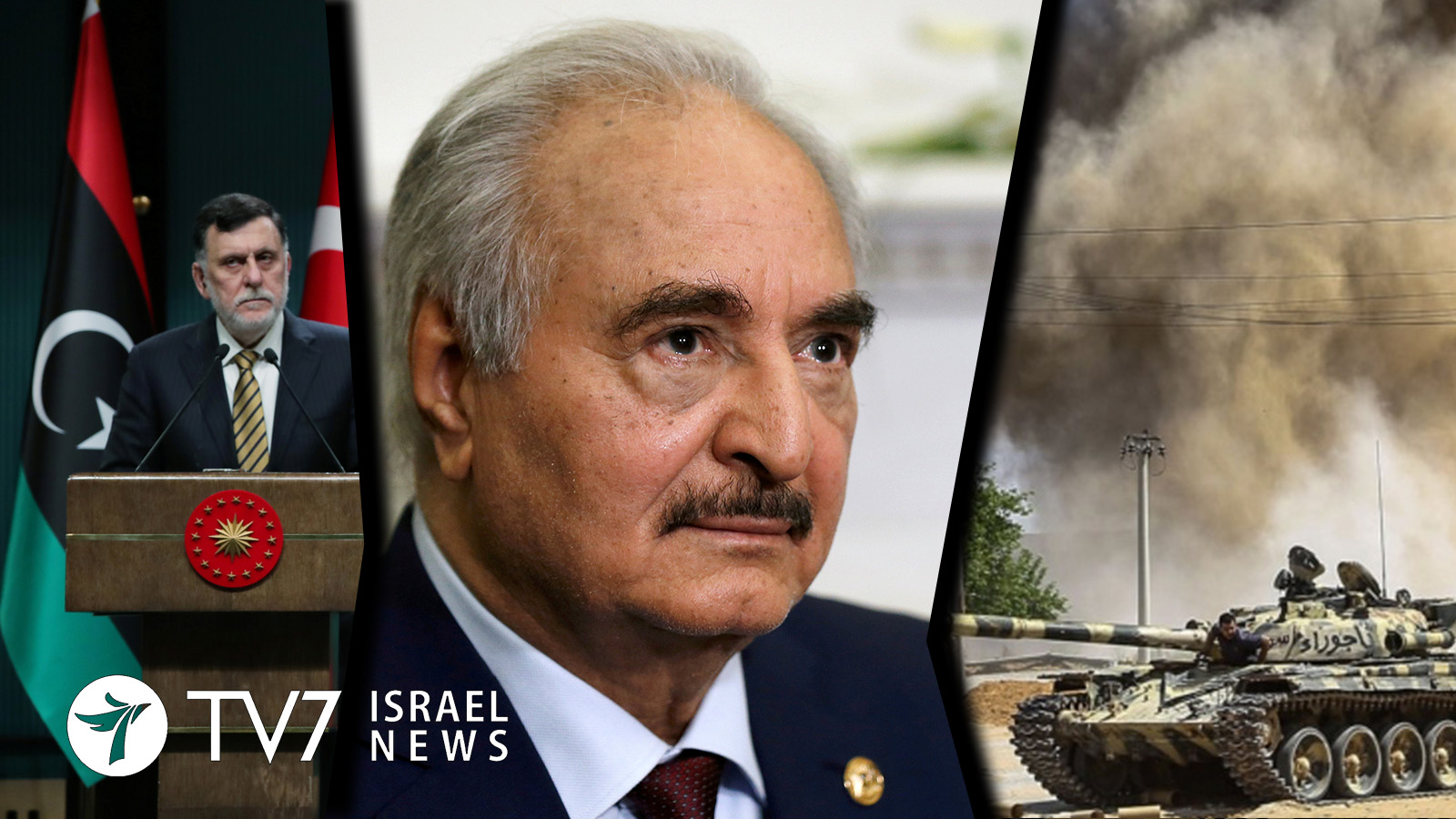A power-shift in conflict-ridden Libya has seemingly intensified the influx of arms shipments to warring parties by their respective international backers.
Following shipment of advanced unmanned aerial vehicles from Turkey, the Western-backed Libyan Government of National Accord (GNA) bolstered its qualitative edge against the eastern-based Libyan National Army (LNA) which had achieved consecutive gains over the past year. The Tripoli-based GNA is lead by Libyan Prime Minister Fayez al-Sarraj, while the LNA is under the command of Khalifa Haftar.
“We are now chasing the remnants of the LNA south of Gharyan, where nothing is left in their control besides Tarhuna,” announced GNA Military Spokesman Mohamed Qanunu, explaining that, “By expelling them from Tarhuna, areas south of Tripoli will become completely isolated, and we know quite well the way in which we will deal with them. Generally speaking, our forces have followed the principles of fierce fighting here and there in the past few days, isolating the LNA from its forts, leaving it with only 35% of the area it had previously occupied.”
The recent GNA victories, however, have triggered a massive influx of heavy weaponry to the Russian, Egyptian and United Arab Emirates backed LNA – further raising prospects of intensified and much more destructive battles in the near future. The arms deliveries include Russian-made Pantsir-S1E surface-to-air missile systems, which are capable of downing the Turkish deployed drones.
The newly introduced heavy weapons have predictably infuriated the Turkish-backed GNA, which immediately sought to place blame on the European Union’s Mediterranean naval operation IRINI for failure to enforce a United Nations-imposed arms embargo on the war-torn country.
“There are cargo flights arriving at Haftar’s bases that come from the UAE and Syria, loaded with artillery and weaponry, in public collusion with what is called ‘Operation IRINI,’ which claims that it will implement the arms embargo, in accordance to the Security Council decisions, and which condition coordination with the Government of National Accord,” insisted Military Spokesman Qanunu.
Stakes of the involved international powers are fiscally significant, as both the GNA and LNA have separately pledged to grant their international backers a substantial share from the vast resources believed to be in the country’s Mediterranean Exclusive Economic Zone (EEZ). This has been openly acknowledged by Ankara, with repeated vows of support. “We are aiming to improve our cooperation to benefit from the natural resources in the eastern Mediterranean, including exploration and drilling,” declared Turkish President Recep Tayyip Erdogan, underscoring that, “We also agreed on expanding our cooperating in Libyan territory and expand the fields of cooperation.”
After inking the Turkish/Libyan Maritime Boundary Treaty to divide a significant portion of the Mediterranean between themselves, Ankara’s plans for deeper offshore gas exploration within the Libyan EEZ has however been delayed by rising involvement by Moscow and other regional powers. Turkish Minister of Energy and Natural Resources, Fatih Donmez, cautioned that “We will start our activities there in 3-4 months,” and “no one should think that we take a break from our activities.” He revealed that the Turkish Petroleum (TPAO) company has “applied to the general directorate of mining and oil to carry out oil exploration in its licensed area according to the agreement reached with Libya.”
It is important to highlight that the Turkish-initiated pact with Libya defied both Cyprus and Greece, which rejected it as “illegal” and “geographically absurd” amid their own claims to the territorial waters. Moreover, Turkey and Libyan control of the zone could hinder development of Israeli-Cypriot and Greek gas pipeline deals – which hold direct financial implications for Europe, the United States, Egypt and Israel.
